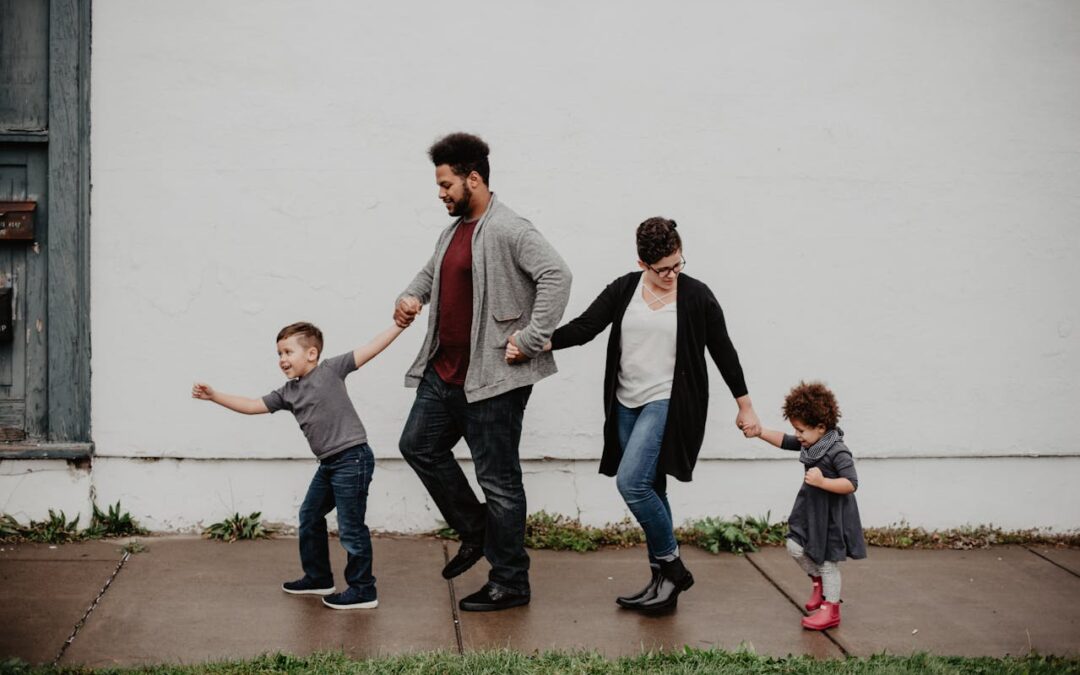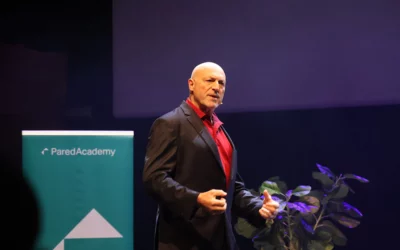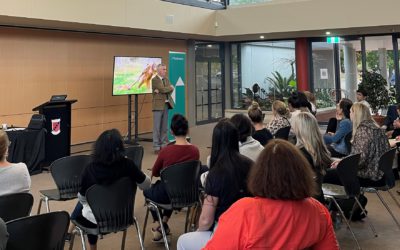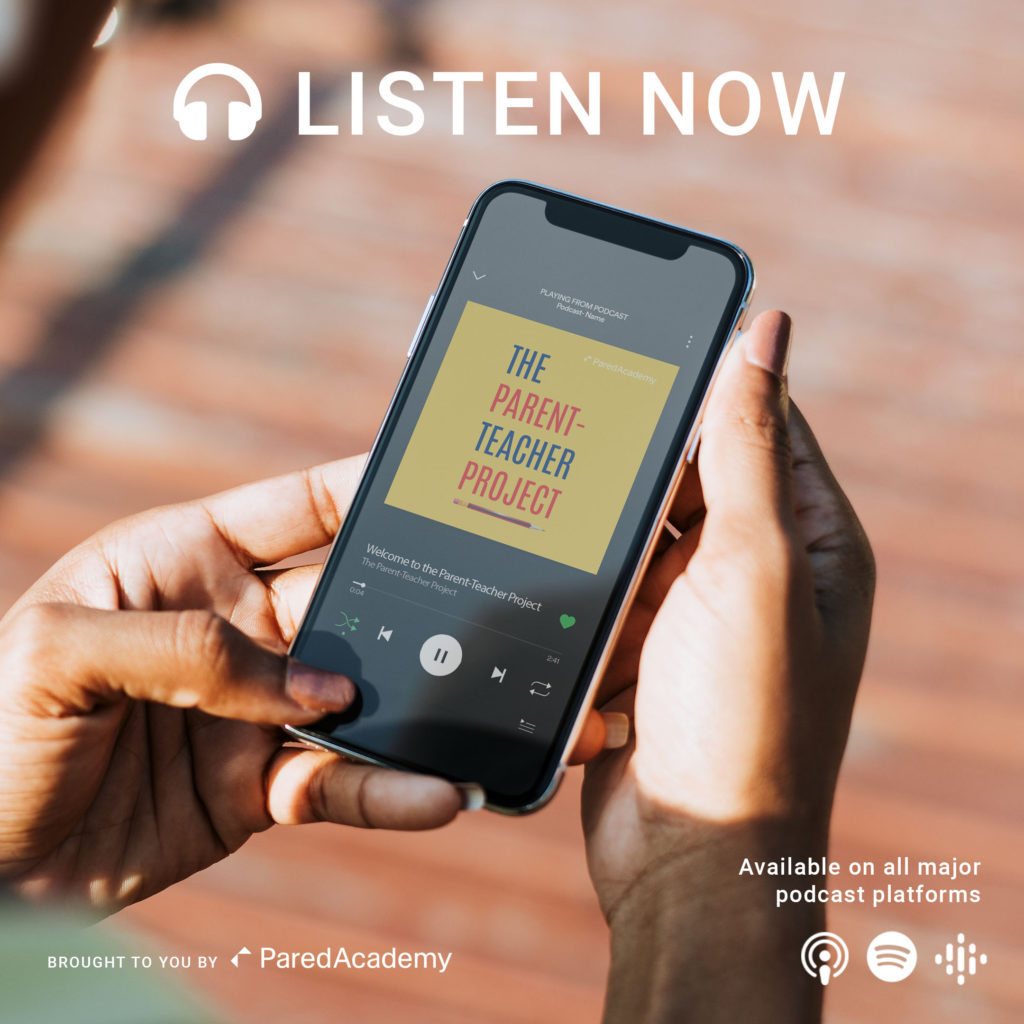Photo by Emma Bauso
Emotions Are Part of Everyday Life—For All of Us
In today’s fast-paced and highly connected world, our children are experiencing more emotions—and more intensely—than ever before. Whether it’s frustration over a lost toy, anxiety about school, or the social pressures of growing up, kids often feel these emotions deeply but struggle to express them in a healthy way. As Manal Azzi, school counsellor at Tangara School for Girls and experienced therapist, shares in our latest episode of The Parent-Teacher Project, learning to navigate emotions isn’t just a lesson for children—it’s something parents and carers need to walk through with them.
Behind Every Outburst, There’s an Emotion
One of the most impactful takeaways from our conversation was the idea that all behaviour is communication. Behind every tantrum or outburst, there’s an emotion trying to be seen. But this doesn’t mean parents should excuse poor behaviour—rather, we need to acknowledge the feeling, while still holding firm to the boundary. As Manal says, “It’s okay to feel angry—but it’s not okay to hit your sister.” This balanced approach, sometimes called emotion coaching, helps children grow in self-awareness while also learning how to respond to their feelings in appropriate ways.
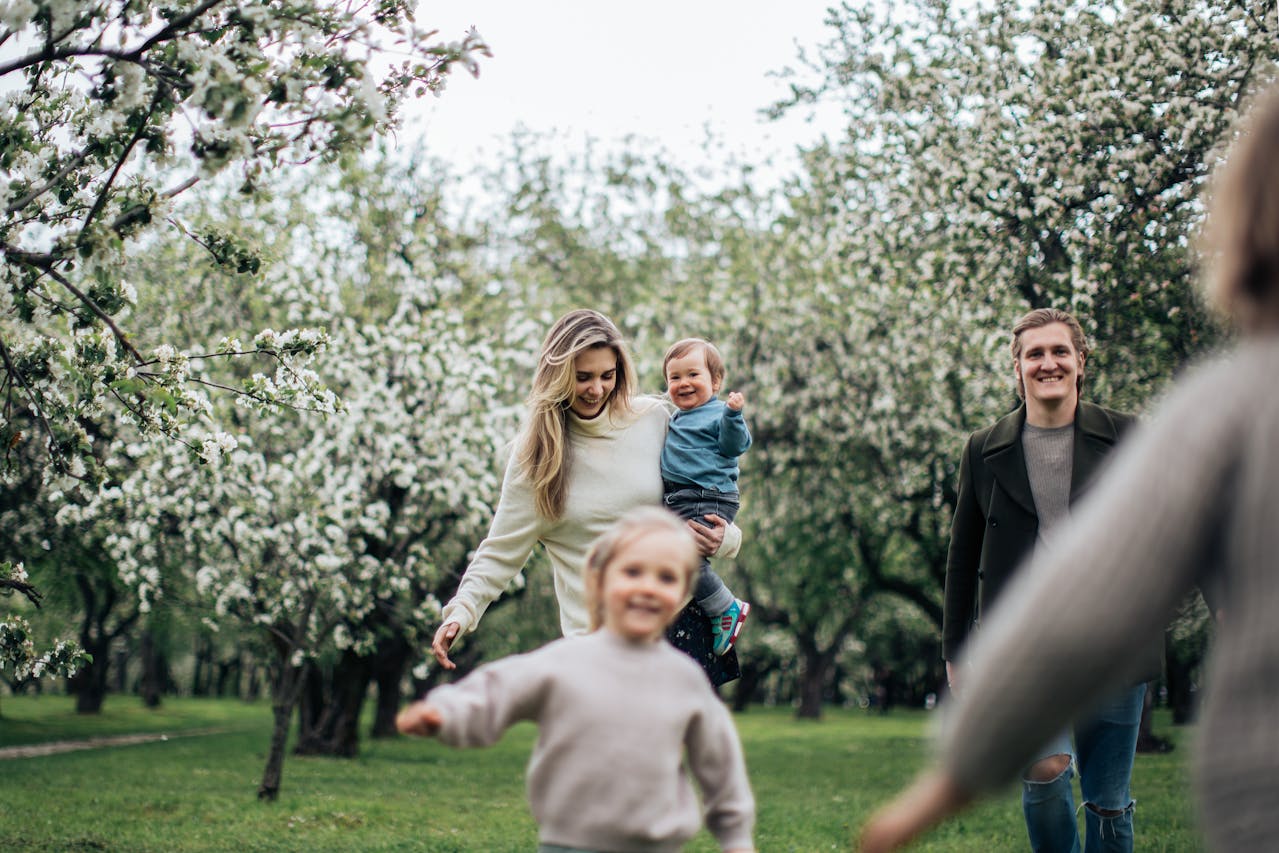
Photo by Elina Fairytale
Five Steps for Supporting Emotional Growth
Manal walked us through five simple steps parents can take to support emotional regulation:
- Notice the emotion
- See it as a chance to connect
- Listen with empathy
- Name and validate the feeling
- Problem-solve together
When repeated consistently, these steps become powerful habits that shape the emotional landscape of the whole family. But perhaps the most important reminder is this: children learn best from what we model. If we want our kids to manage big feelings well, we need to show them what that looks like—even when we get it wrong, and especially when we try again.
Reflection Starts With the Parent
So the real question becomes: how are we doing with our emotions?
Are we pausing before reacting?
Are we allowing space for sadness, frustration, or joy in our home?
Are we showing our kids that it’s okay to feel—and okay to ask for help?
These aren’t easy questions, but they’re essential ones. Emotional regulation isn’t about having perfect children. It’s about building stronger, more connected relationships with them—and that starts with a parent who is willing to grow too.
This article was inspired by episode #68 of The Parent-Teacher Project entitled The Parent’s Guide to Emotion Coaching featuring Manal Azzi, school counsellor at Tangara School for Girls and therapist with over 15 years experience.
Listen to the entire episode below.
Latest Stories from Pared Academy
Pay Cheque with a Purpose with Alexandre Havard
Starting the New Year with Purpose The Concourse, Chatswood, buzzed as a diverse crowd gathered for 'Pay Cheque with a Purpose'. The event, presented exclusively in Sydney by Pared Academy featuring...
Empowering Parents, Faculty & Staff at Pared Academy
Recently, we hosted various sessions led by Dr Karen Bohlin (Director of the Practical Wisdom Project and former Principal of Montrose School) catering to different aspects of our community....
Building Character Strengths Course 2023
While parents are the primary educators of their children, teachers and mentors also play a vital role in students’ character development. Before the beginning of Term 2, 33 new members of staff...

